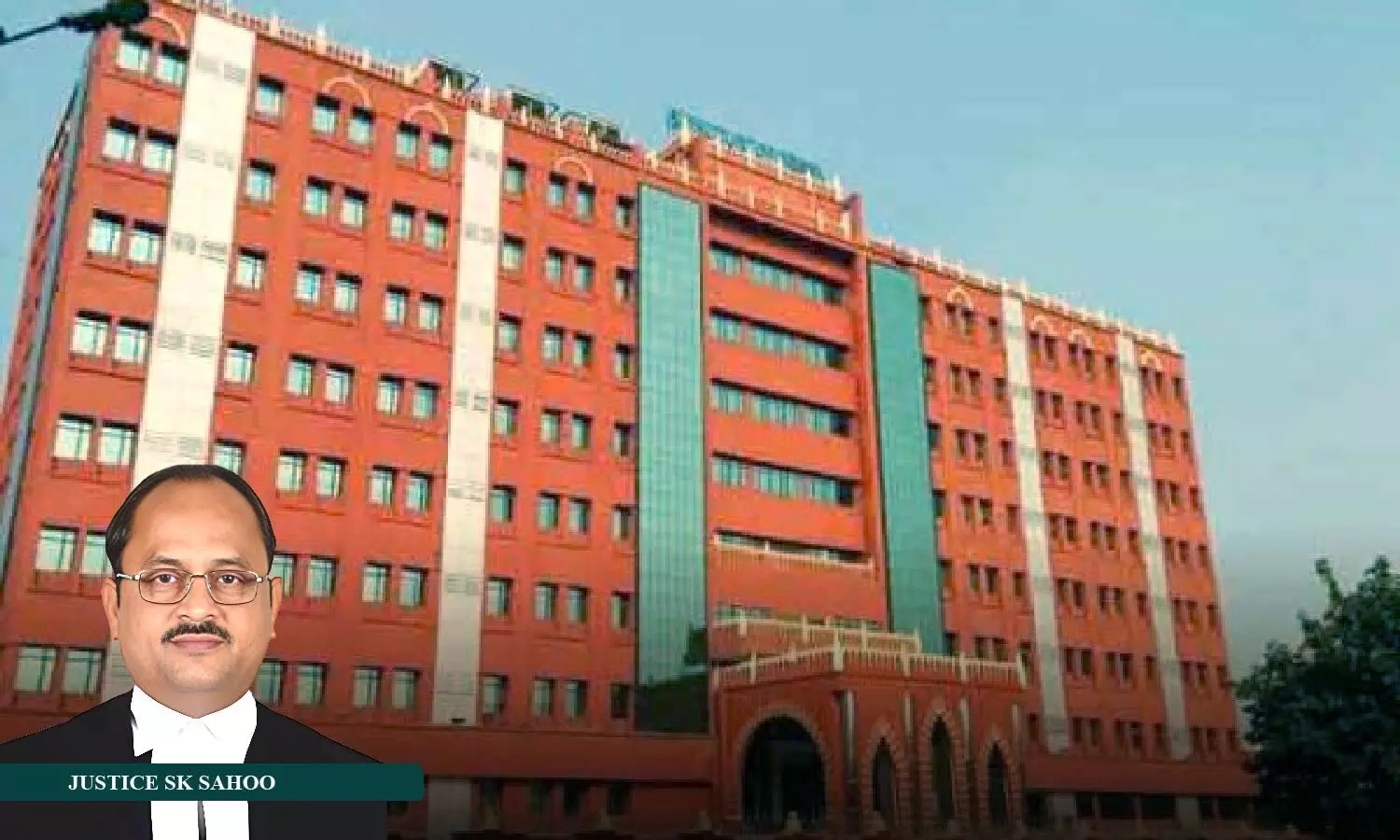
Non-Examination Of Magistrate Who Conducted Test Identification Parade Strikes Severe Blow On Prosecution And Cause Of Justice; Orissa HC Sets Aside Conviction
 |
|The Orissa High Court, while setting aside the order of conviction in a dacoity case, observed that non-examination of the judicial magistrate as a prosecution witness who conducted the Test Identification Parade strikes a severe blow not only to the case of prosecution but also affects the cause of justice as irregularities.
The appellants in the case were convicted under Section 395 of the Indian Penal Code and were sentenced to undergo rigorous imprisonment for five years and a fine of Rupees Three Thousand.
The Bench of Justice S.K. Sahoo observed, “Thus, it is undisputed that the Public Prosecutor has a duty to examine the Magistrate who conducts the T.I. parade so that the legal sanctity of the T.I. parade report can be ascertained during the trial. Non-examination of the Magistrate strikes a severe blow not only to the prosecution case but also to the cause of justice as irregularities, if any, committed in such T.I. parade cannot be canvassed and discussed by the trial Court in his absence from the witness box. In the present case, no plausible explanation has been offered as to why the Magistrate was not examined in the Court to prove the T.I. parade report.”
Advocate Rashmi Ranjan Nayak appeared for the Appellants while Advocate Priyabrata Tripathy appeared for the Respondent.
On the issue of whether the Appellants were guilty of committing dacoity, the Court observed that one of the essential ingredients of the offence under Section 395 of the IPC is that five or more persons must have conjointly committed or attempted to commit robbery. The Court said, “…the framing of charge against the four appellants under section 395 of the I.P.C. by the learned trial Court, without any indication that they four along with others committed dacoity, the framing of charge so also the conviction of the appellants under section 395 of the I.P.C. is not sustainable in the eyes of law, particularly when there is no evidence on record adduced during trial that five or more persons conjointly committed or attempted to commit robbery.”
On the issue of non-examination of the magistrate who conducted TIP, the Court observed that the prosecution had not offered any explanation as to why he was not examined, inasmuch as many things the defence could have brought out by way of cross-examination of the Magistrate regarding the irregularities or procedural infirmities, if any, made during the conduct of the T.I. parade.
Therefore, the Court held, “In view of the foregoing discussions, I am of the humble view that the impugned judgment and order of conviction is not sustainable in the eye of law. Accordingly, the same is hereby set aside. All the four appellants are acquitted of the charge under section 395 of I.P.C…In the result, all the three criminal appeals are allowed. Since all the appellants are on bail, they are discharged from the liability of their bail bonds and surety bonds stood cancelled.”
Cause Title: Baikuntha Bhoi and Anr. v. State of Odisha, Bishnu Nayak v. State of Odisha and Raju v. State of Odisha
Appearances:
Appellants: Advocate Rashmi Ranjan Nayak
Respondent: Senior Advocate B Pradhan and Advocate Lidya Pradhan